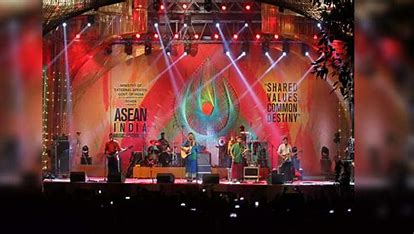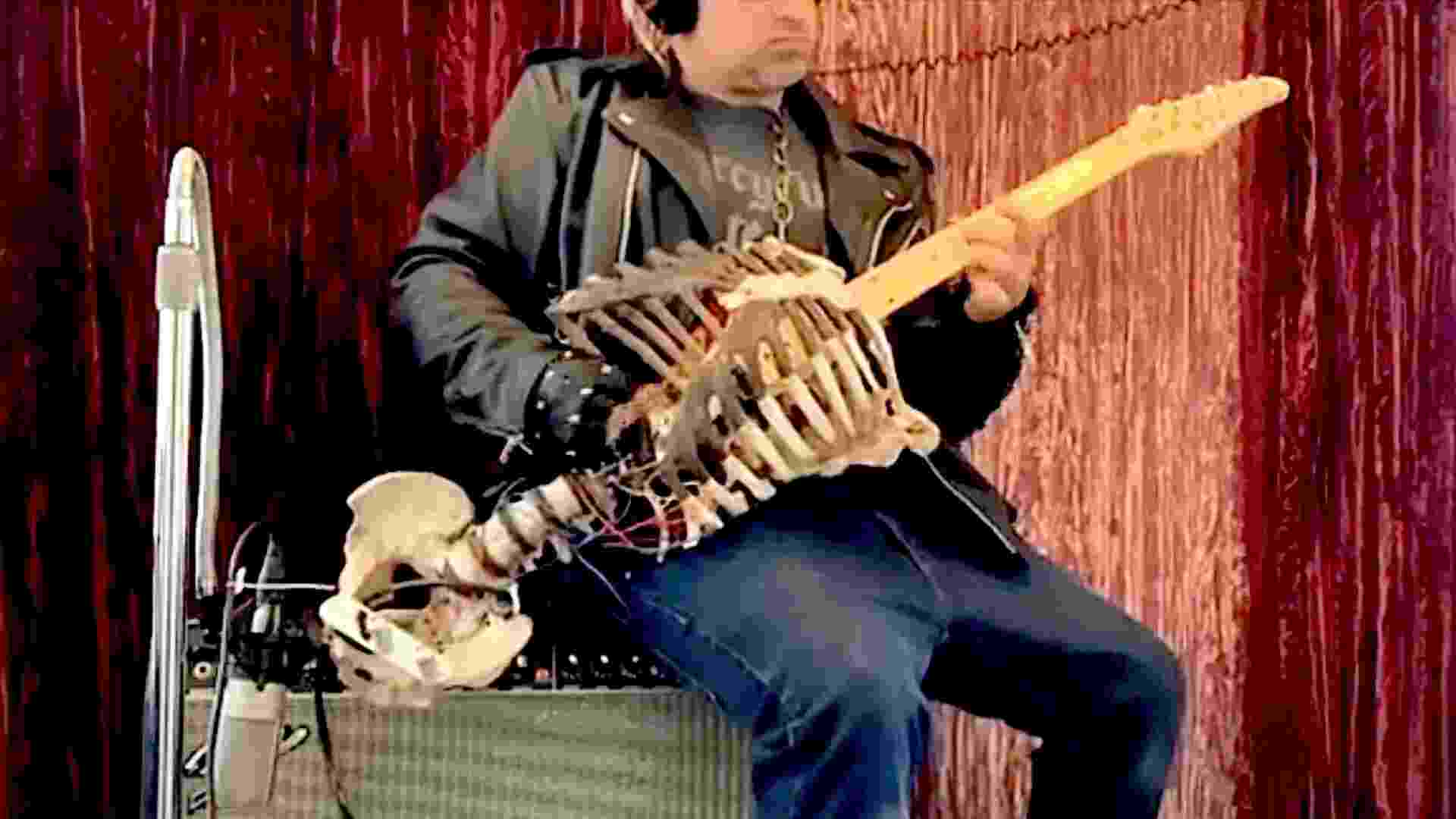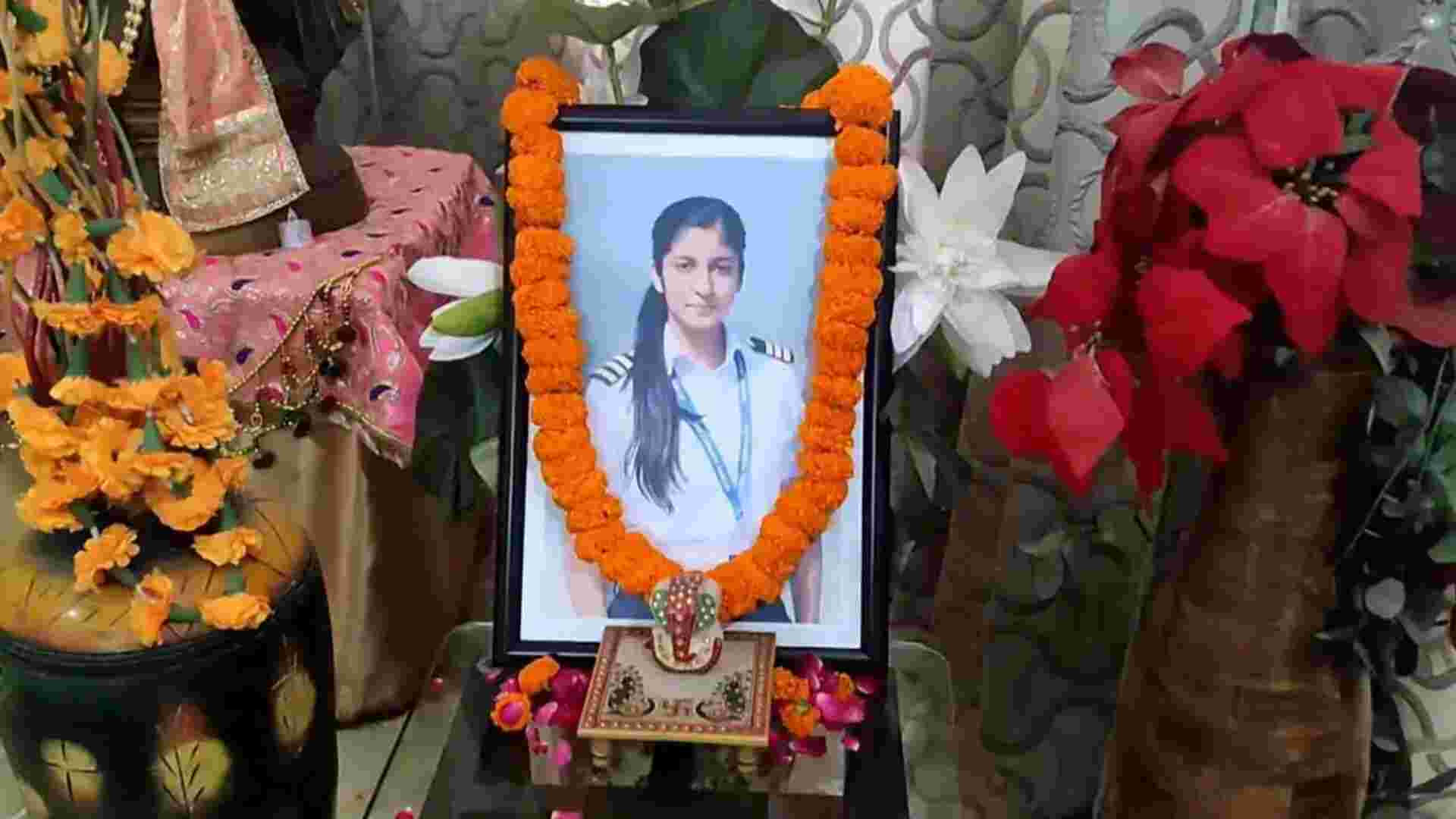
There is a 2345-year-old female mummy named Tutu on display in the Albert Hall Museum, which is the oldest museum in Rajasthan. Tutu belonged to a family of priests who worshipped the Egyptian god Khem. Tutu is estimated to be a 20-year-old girl, who was related to a royal family in Egypt.
Albert Hall Museum’s establishment:
The Albert Hall Museum has a rich history of about 150 years. It was established on February 6, 1876, during the visit of Prince Albert Edward of Wales to Jaipur. Maharaja Ram Singh, to welcome the prince, constructed this historical structure, which was initially meant to be an office that would serve as a link between Jaipur’s palaces and the city. Later, the kings decided to convert it into a museum. The museum features a wide range of historical items from all over the world, including artefacts and artworks from the 19th century.
The mummy in Albert Hall, Rajasthan, is preserved using traditional remedies under specialist guidance. Mummies are deceased bodies that are dried, and treated with clothing, wax, and an airtight coating in Egypt’s mummification process. The mummy at Albert Hall is preserved traditionally with a mix of cloves, cardamom, and camphor. Cleanliness is a top priority. Fumigation is done once or twice a month using a pouch of neem and camphor, as the mummy is not frequently taken out from its glass case.British government brought the mummy to India in 1880:
The mummy of the woman was brought to India from Egypt by the British government in 1880. Since then, it has been kept and preserved in the Albert Hall Museum, Jaipur. Every year, hundreds of tourists come to see this mummy. Foreign tourists also form a significant portion of these visitors. Similar mummies are also kept in museums in six cities across India, including Kolkata, Lucknow, Mumbai, Hyderabad, and Vadodara. The mummy in the Vadodara Museum was purchased by Maharaja Sayajirao Gaekwad III and placed in the museum.













